The Impossible Meeting? Japan’s New Leader Makes a High-Stakes Bet on North Korea
In the world of international politics, some doors have been closed for so long that people forget they exist. But every so often, a new leader arrives with the courage or the audacity to try the handle.
This week, that leader is Japan’s new Prime Minister, Sanae Takaichi. And the door she is trying to open leads to one of the most isolated and secretive places on Earth: North Korea.
In a move that has sent shockwaves through diplomatic circles, Prime Minister Takaichi has announced her desire to do something no Japanese leader has done in over twenty years: sit down for a face-to-face meeting with North Korean leader Kim Jong Un.
“We have already conveyed to North Korea our desire to hold a summit meeting,” Takaichi stated firmly at a public rally. The crowd she was speaking to was not made up of ordinary voters. They were families mothers, fathers, brothers, and sisterswhose loved ones were taken from them decades ago, snatched away by North Korean agents.
This is the heavy burden Takaichi has chosen to carry. Her mission is not just about politics; it is about people.
A Painful History That Refuses to Heal
To understand why this potential meeting is so monumental, you have to understand the deep, painful history between these two nations, separated only by a narrow sea.
Japan says that in the 1970s and 1980s, at least 17 of its citizens were abducted, taken from quiet beaches and city streets by North Korean spies. The goal, according to a United Nations report, was to use these Japanese citizens to train North Korean spies in Japanese language and culture.
For the families left behind, life stopped. They have spent decades in a torturous limbo, not knowing if their children, their siblings, or their friends were alive or dead.
North Korea’s official story has changed over time. After years of denial, they finally admitted to some of the abductions in 2002. They returned five citizens and claimed others had died in accidents like car crashes or drownings. They have since declared the matter “over.”
But for the families of those who never came home, the matter will never be over. Their pain is a quiet, constant force in Japanese society, a wound that every prime minister promises to heal.
You Might Like it: Trump & Xi in Final Push to Save U.S. China Trade Truce
A Glimmer of Hope from the Past
This is not the first time a Japanese leader has tried to bridge this divide. Back in 2002, then-Prime Minister Junichiro Koizumi did the unthinkable: he flew to the North Korean capital, Pyongyang, to meet Kim Jong Il, the father of the current leader.
That visit was a historic breakthrough. It was the first time a Japanese leader had visited North Korea since the end of World War II. Most importantly, it was the first time North Korea admitted its role in the abductions. Kim Jong Il even offered an apology.
Five Japanese citizens returned home to their families, some after more than 20 years in captivity. It was a moment of pure, emotional victory. Koizumi visited again in 2004, securing the return of more family members.
But then, the door slammed shut again. Progress stalled. No Japanese leader has met with a North Korean leader since.
Why Now? And Can She Succeed?
This is what makes Prime Minister Takaichi’s announcement so powerful. She is not just repeating an old promise. She is picking up the torch from her political mentor, former Prime Minister Shinzo Abe, who made the abduction issue a personal crusade.
Takaichi has already met twice with the families of the abductees. She has stood with them and looked them in the eye. She told the rally, “I am determined to break through and resolve the abduction issue during my tenure.”
But the path ahead is incredibly difficult. North Korea is a notoriously tough negotiating partner. They have nuclear weapons and a history of using high-level talks to win concessions, only to later walk away.
The world will be watching closely. A meeting between Takaichi and Kim Jong Un would be one of the most dramatic diplomatic events of the year. It could rewrite the rules of engagement in East Asia.
For the families waiting for answers, this is more than politics. It is a flicker of light in a long, dark night. They have seen a door open once before. After twenty years of silence, they are daring to hope that a new leader might just be able to open it again.
Author: Yasir Khan
Date: 03 Nov, 2025
For More Updates, Visit Newsneck


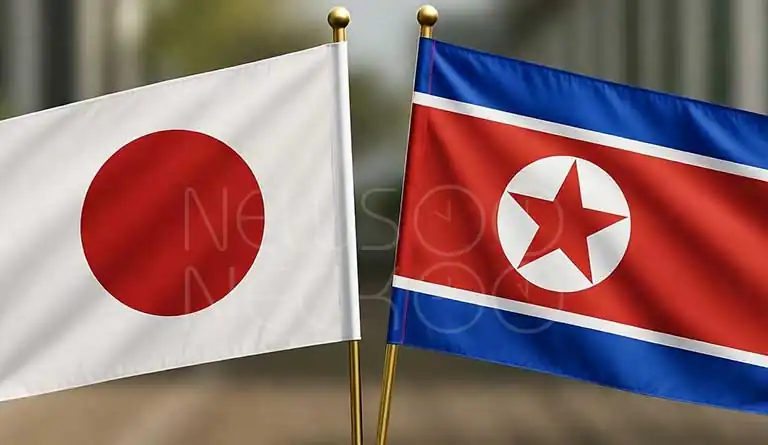

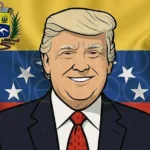
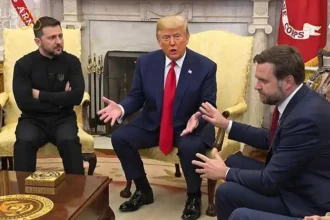
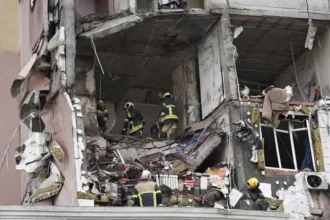

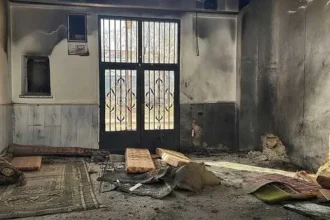
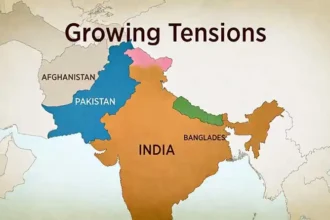
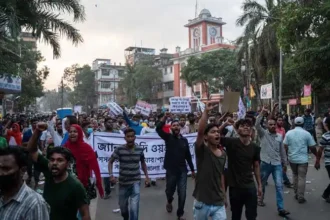


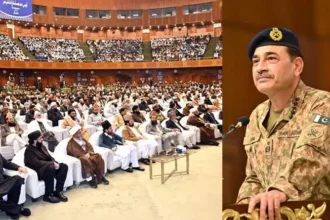
One Comment
Thank you for your sharing. I am worried that I lack creative ideas. It is your article that makes me full of hope. Thank you. But, I have a question, can you help me?